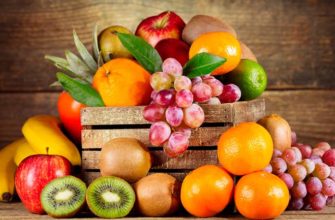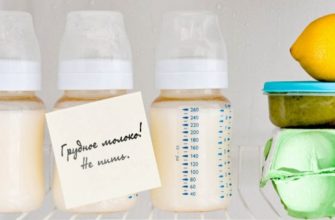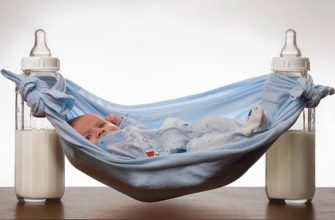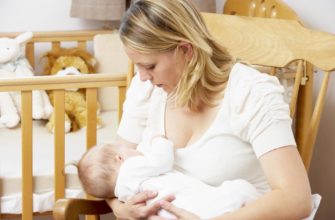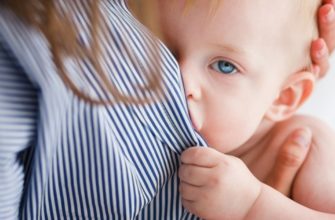Nursing mom has to carefully monitor your diet, Some foods are excluded from the diet because of their allergenicity. Unfortunately, honey belongs to them. On the one hand, when breastfeeding, honey is a rather useful product, since it has a unique composition, but on the other hand, the pollen contained in it can cause severe allergies in the baby.
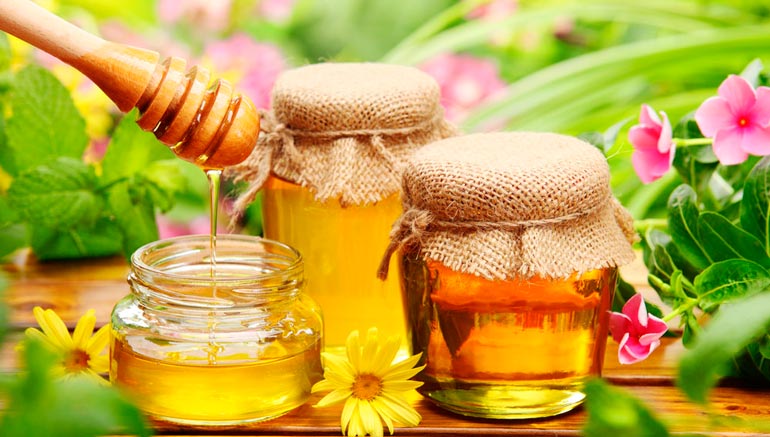
Useful properties of honey and its effect on the quality of breast milk
- If a mother eats honey while breastfeeding, then her milk acquires a sweetish and pleasant taste. Whether this has any meaning for the child is unknown, but perhaps it brings him some pleasure;
- Nutritious milk properties significantly increase when consumed by the nurse of this product. Honey is a natural dietary supplement, as it contains a large amount of vitamins (C, K, PP, H, E), trace elements (potassium, iron, calcium, copper and others), and also contains 76% of sugars (fructose and glucose) in easily digestible form;
- During breastfeeding, honey is an excellent sugar substitute for mom. It reduces the recovery period after childbirth due to a beneficial effect on the whole body: it normalizes metabolic processes and helps a woman to get in shape more quickly. In addition, honey perfectly stimulates milk production;
- Honey has a sedative effect, helps mom cope with postpartum depression. It is noted that children who receive milk from their mother, who consumes honey, have a more stable nervous system, are less capricious, and sleep better.
The dangers of honey while breastfeeding
Untreated honey may contain bacterial spores. Clostridium botulinumwhich are extremely dangerous for children under 6 months. Once in the baby’s body, they can cause a dangerous disease - children's butulism, which manifests itself as acute poisoning. After six months, the digestive system of the child becomes more resistant to this disease, and adults do not get sick, since the pathogen completely dies in the acidic stomach of an adult. Therefore, the breast milk of a mother who consumes honey cannot contain toxic spores and is absolutely safe in this sense for the baby. Children under 1 year old should not be given honey in their pure form, even if they do not have an allergic reaction to it.
Before consuming honey while breastfeeding, you must make sure that the crumbs will not be allergic to it. The first month after giving birth to honey is better to wait a while, and then start with 1 teaspoon in 2 - 3 days and monitor the reaction in the baby. If not allergies, you can safely eat honey every other day for 1 teaspoon every six months, and the field of six months - 1 teaspoon every day.
According to the latest data, not so many people are allergic to honey, or rather to pollen in it. Most often, an allergic reaction occurs to antibiotics that are given to bees or to sugar syrups and additives contained in fake honey.
How to choose a good honey
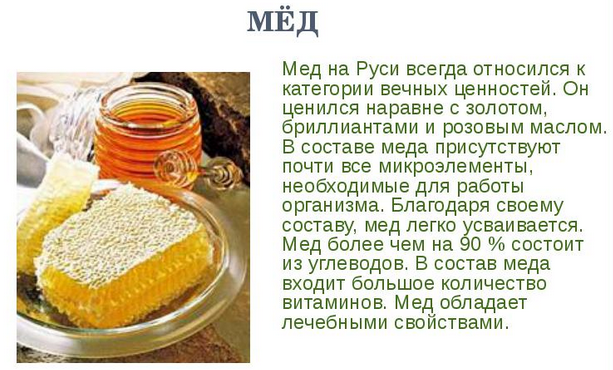
If you are a nursing mother and decide that you will not give up honey, you must be sure that it is of high quality. Ideally, honey should be taken from familiar beekeepers or in an apiary, there is a greater likelihood that it is natural and does not undergo additional processing. Real honey after a few months is always sugared, so if you see amber honey in the supermarket in winter, you should know that it was subjected to heat treatment. It is known that honey loses its valuable properties when heated above 400C, so it makes no sense to use it with hot tea or add it to boiling water.
The lightest honey is considered the least allergic, especially from white acacia: it is rich in vitamin A and has a pronounced calming effect, which is important for a nursing mother.
Signs of real honey:
- Fresh honey should be clear. Various additives give it a cloudy tint;
- Real honey must have a flavor;
- Dip a wooden stick in honey, if it is natural, it will slowly and evenly drain from it with a continuous thread. Honey with added sugar flows intermittently or in drops;
- Put a little honey on a paper towel. If wet spots appear on it, then the honey is immature. Honey is considered mature if it contains no more than 20% moisture;
- Dissolve honey in room temperature water and drip iodine there. In the presence of starch in the composition will be stained in blue;
- 1 liter of ripe honey has a mass of at least 1.4 kg;
- Over time, honey thickens and becomes cloudy - this is a natural crystallization process and a sign of good quality.
How to check natural honey or fake:
With all the value of this product, it should be remembered that the benefits of honey are not in its quantity, but in regular use. And, of course, if the baby is allergic to it, then honey should be excluded from food.
Read on the topic of GW:essential tips for nursing mothers


